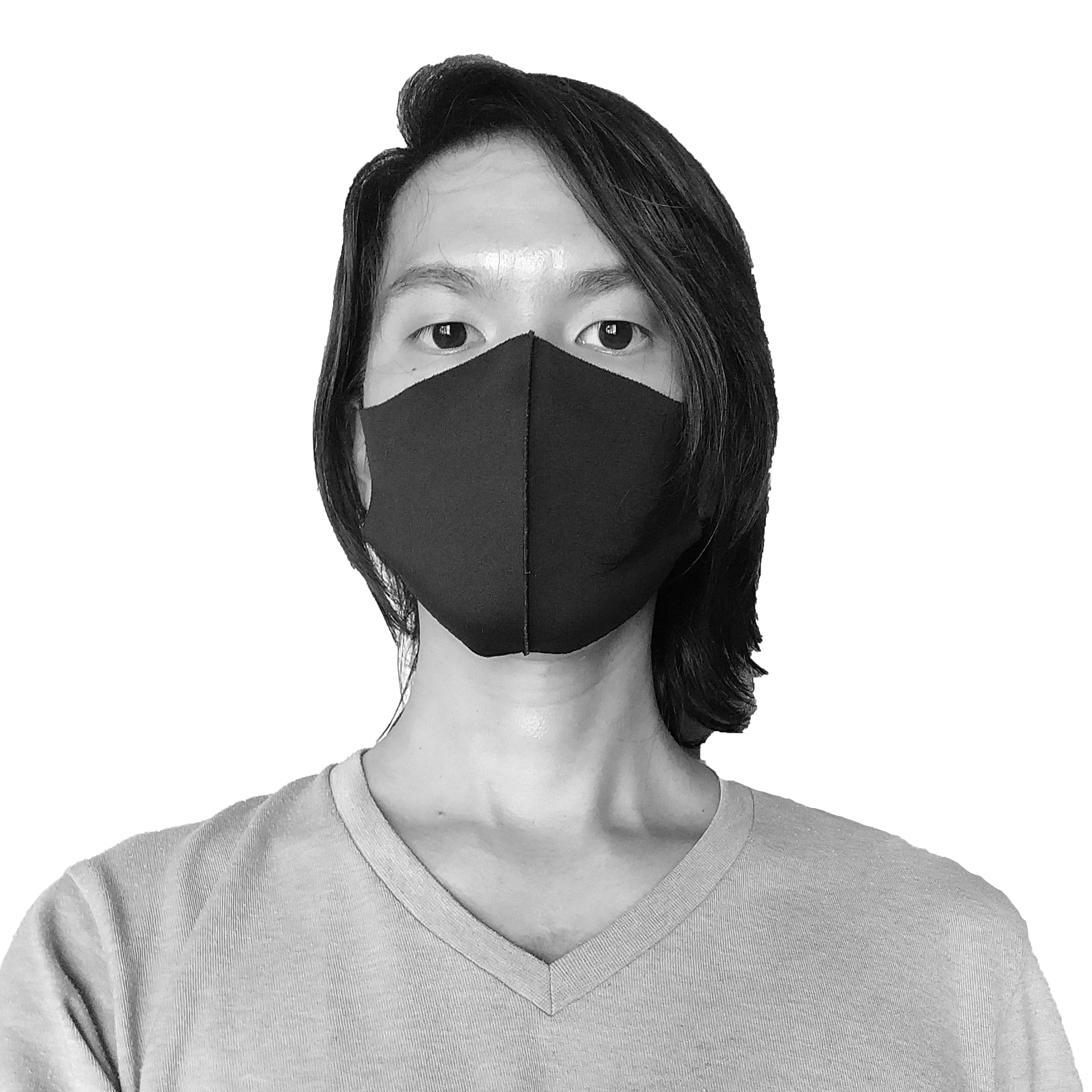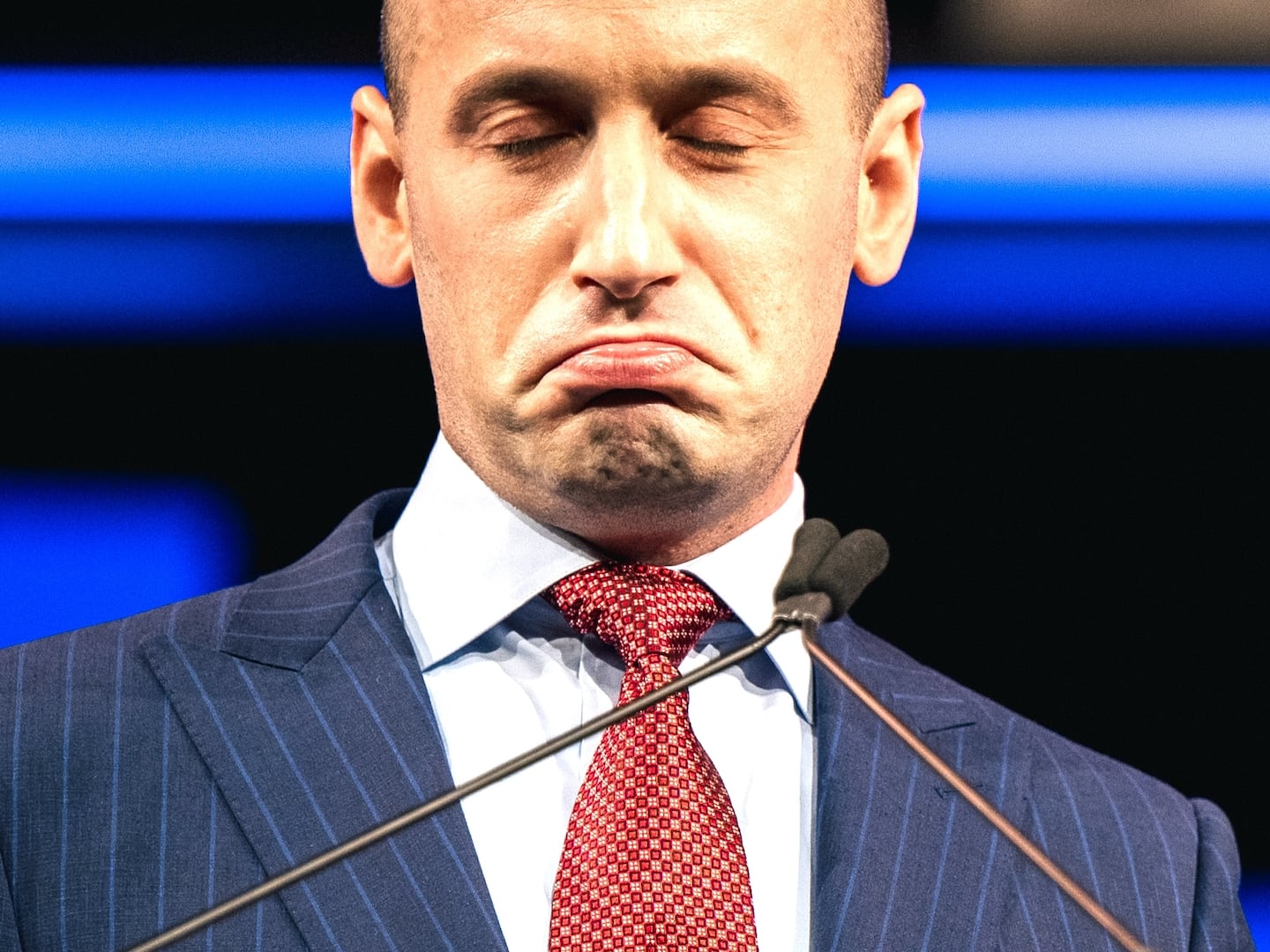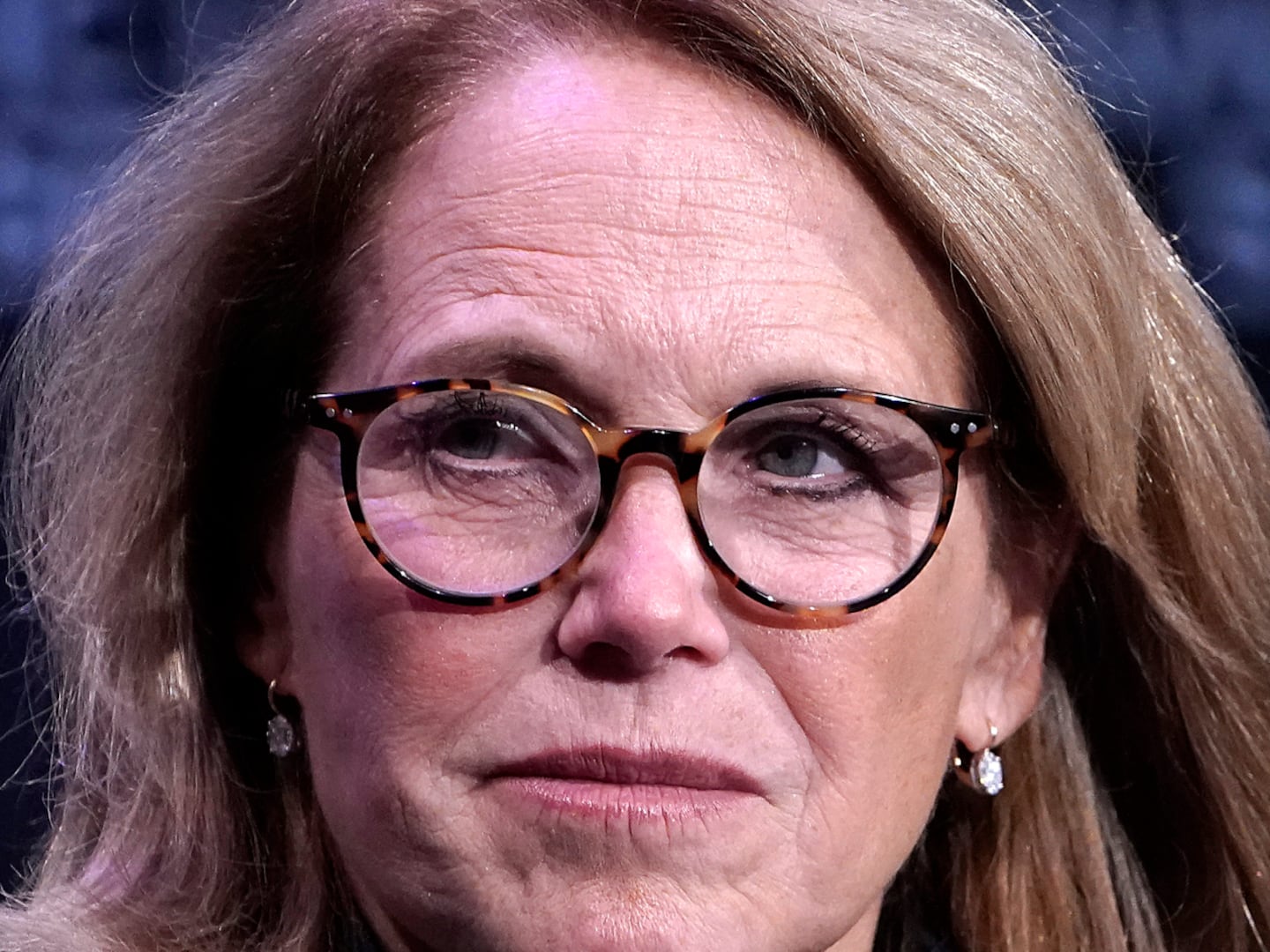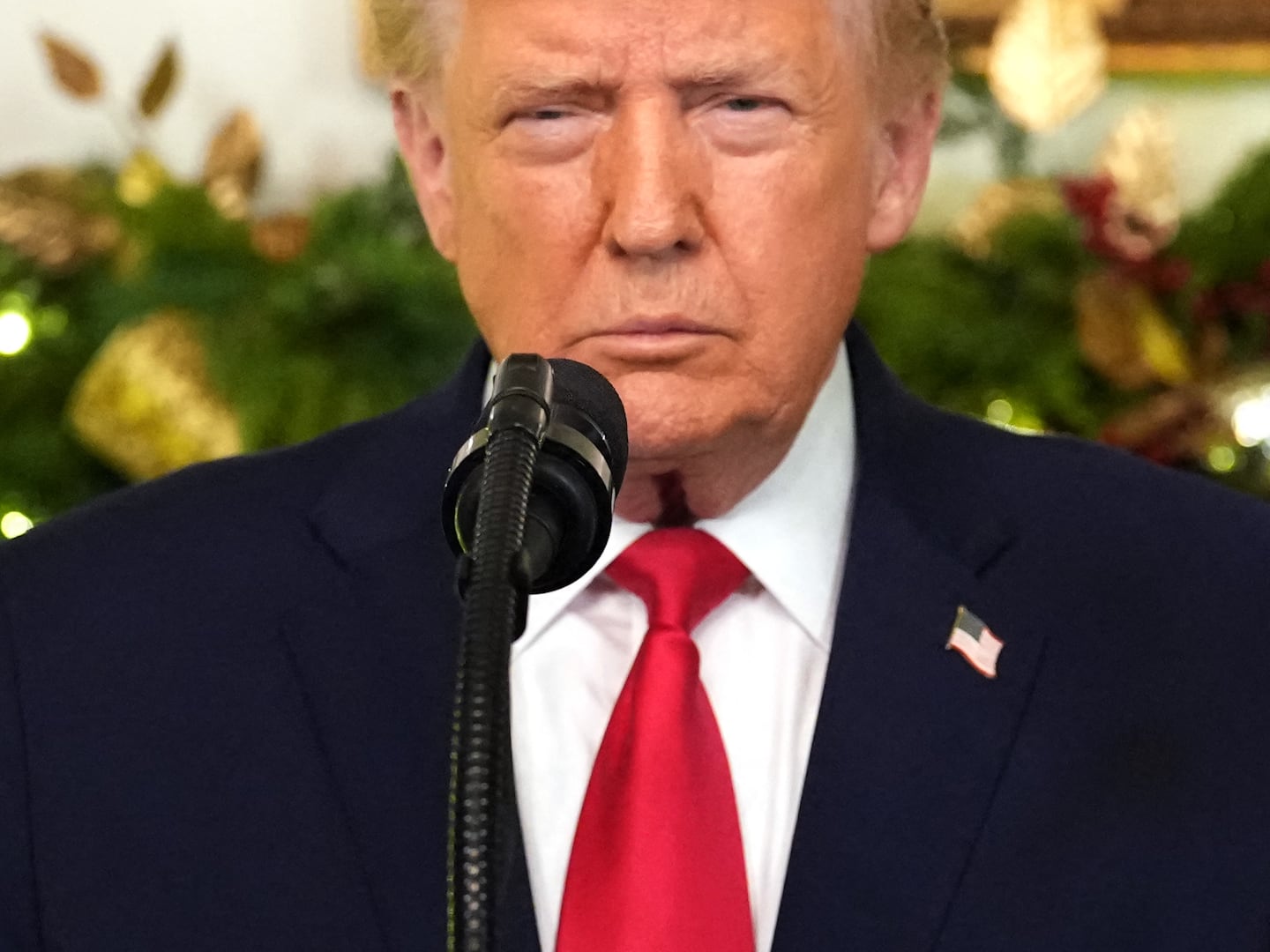HONG KONG, China — Ai means love in Chinese.
A different character with the same pronunciation is also the last name of China’s most famous artist, who happens to be very unpopular with the Chinese government. When a younger artist employed by Ai Weiwei’s studio set up an online shop that sold t-shirts screened with the line “Ai Can’t Be Here,” it got shut down.
Singles’ Day came and went. Unless you were in China on November 11, you might have missed it. Alibaba, the current darling of Wall Street and hedge fund managers everywhere, reported over $9 billion in sales in those 24 hours. Forty million packages were delivered in three days. In contrast, last year’s Cyber Monday saw only $2.29 billion in sales.
Wu Tun, the man behind the t-shirt, managed to sell a grand total of 10 on Taobao, Alibaba’s analog to eBay, before he was told that his store violated the company’s regulations and was terminated.
The Daily Beast reached out to Alibaba’s Hong Kong office for a comment regarding the incident, but received no reply.
Jack Ma, Alibaba Group’s weird and wonderful founder and chairman, didn’t invent Singles’ Day, but he managed to build a monster out of it.

The rules of Hong Kong’s stock exchange prevented Alibaba Group from going public on home turf, so Jack Ma took the scheme to New York. In Alibaba’s IPO filing, Ma had this to say: “Customers first, employees second, and shareholders third.” That sounded great, perhaps as great as Google’s “don’t be evil” mantra, and definitely drummed up yet more buzz before the company’s September 19 trading debut on the New York Stock Exchange. But, keeping Wu Tun and his t-shirts in mind, how serious is Jack Ma about putting customers first?
Conspicuously absent from the hierarchy of priority is government, which, as anyone engaged in business in China can attest, is there at every step of the way. Ma would know, as it was certainly true in his journey towards becoming China’s wealthiest man.
In the 1990s, before Alibaba was even a concept, Ma approached Chinese officials with the idea that domestic businesses needed a presence on the Internet. He offered to do the legwork to make it happen. They weren’t impressed, and dismissed him. In 2005, when Alibaba was picking up momentum in its battle against eBay, Yahoo bought a 40 percent stake in the company. But Alibaba inherited a nasty skeleton in the closet: Yahoo China had previously handed over email account information to the Chinese government, which led to the arrest and incarceration of a journalist, Shi Tao, who leaked a government document instructing journalists not to report on the 15th anniversary of the Tiananmen Square Massacre. Shi served eight years in prison.
When asked during a televised CNN interview if he would have done the same thing assuming he was running Yahoo, Ma answered, “Yes, I would have. Whenever you do business, you have to follow the local rules and laws. Either you change the law; if you cannot change the law, follow the law.”
To be fair, Ma provided the only safe answer to that question, if “safe” means acceptable to the Chinese Communist Party.
For foreign businesses, self-censorship and kowtowing to the CCP is common in China. As mentioned, Yahoo has a black stain on its collaboration and severe breach of privacy. LinkedIn was caught self-censoring posts coming out of China this year. Bloomberg may even tweak its coverage to suit the CCP’s palate.
In true chicken-or-egg fashion, once Alibaba reached a large enough scale, it was seen as a job creator, and hence was supported by the government. The initial rejections Ma endured were forgotten.
The Alibaba Group is massive, and its services are diverse: TMall conducts business-to-consumer online retail; Taobao, as mentioned, is like eBay; Alibaba’s own website connects businesses with other businesses, facilitating massive sales from manufacturers to traders or vendors. The group also dabbles in cloud computing, mobile messaging, entertainment and media, video streaming, logistics—how else would I receive my tiger bone wine if I were to order it?—and has its own research and development division.
On its first day of trading, Alibaba shares were up 38 percent, yielding a market capitalization of $213 billion. It has grown even more since then, reaching $286 billion. If there were ever a Chinese company that could subtly suggest a few changes in Chinese policy, Alibaba would be it.
To make payments easier to manage, Alibaba launched Alipay, which is sort of like Paypal, and attached a service called Yu'E Bao to it. True to its name, which means “remaining treasure,” Yu'E Bao lets users invest their money into financial instruments so that their cash can accrue profits instead of sitting stagnant in dormant accounts. What made the service attractive is that there was no minimum investment amount, and funds could be withdrawn painlessly at any time. It attracted a massive following, and now has more investors that China’s equity market.
But China’s financial sector is largely made up of state-owned banks. Yu'E Bao wasn’t part of their sandbox, and Chinese regulators considered placing several restrictions on the mobile payment industry. It also forced banks to consider designing their own Internet money market funds to compete with Yu'E Bao. Ma wrote online, “Let the users decide who wins the game, not monopoly and power.”
The regulators, unaccustomed to being challenged publicly, probably didn’t appreciate that.
Alibaba isn’t an original concept. The ideas that drive the conglomerate’s subsidiaries were implemented elsewhere and saw success before they were adopted by Alibaba. But the business climate and consumer culture of China made things difficult for companies like Google and eBay. Ma’s brilliance was that he tweaked those ideas to make them work in his home country. His pursuit of establishing a web-based trading platform in China was motivated by a sincere desire to strengthen Chinese commerce. Trade only works if one has a partner.
But business is business, and even though Ma has the courage to publicly express empathy with the protestors of Occupy Hong Kong, a direct confrontation with the central government would be undesirable. Wu Tun was a customer, and hence deserving of prime priority according to Ma’s own words. The t-shirt store’s termination could have been an order from the CCP, but more likely it was self-censorship. Everything related to Ai Weiwei is soaked in kerosene nowadays, and Alibaba doesn’t need to start a fire over a few pieces of statement apparel.
Should it even be up to a private company to influence government policy? It seems like a slippery slope—the kind that leads to situations where private enterprises might have too much influence over politicians.
When Ma was still an English teacher in Hangzhou earning $12 a month, he gathered 17 men and women in his apartment. He told them about his vision, and convinced them to work towards building China’s first business-to-business web platform. He told them, “We can beat government agencies and big famous companies because of our innovative spirit.” Fighting words like those that propelled his team to the top of the industry, but it looks like that drive might have been sapped.
Or maybe Alibaba is doing what other companies are doing in China: gagging itself and its customers to appease the apparatchiks. It’s only the price of business.






